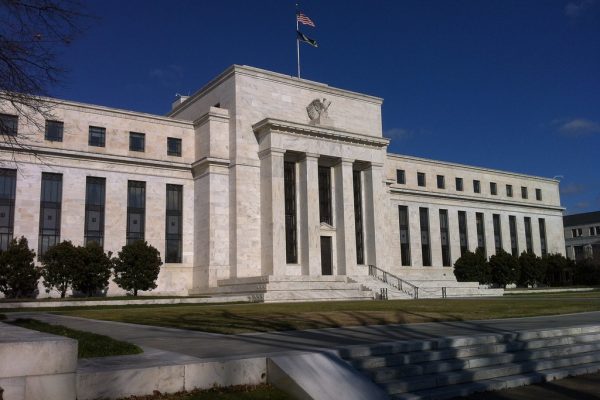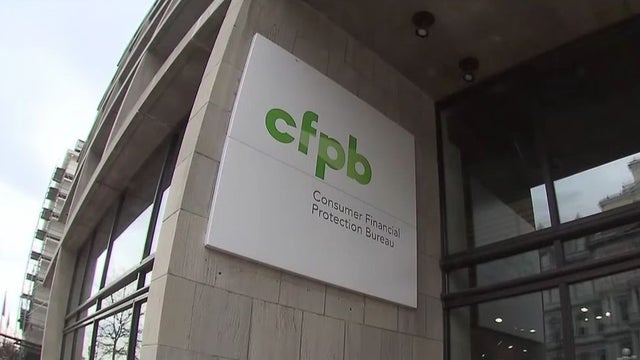In The News: Fed Stimulus Is Resuscitating the High-Yield Bond Market (The Wall Street Journal)
“At these prices, this is not a market screaming, ‘We need help from the Fed,’” said Andrew Park, senior policy analyst at Americans for Financial Reform, which advocates for tighter financial rules on Wall Street.










